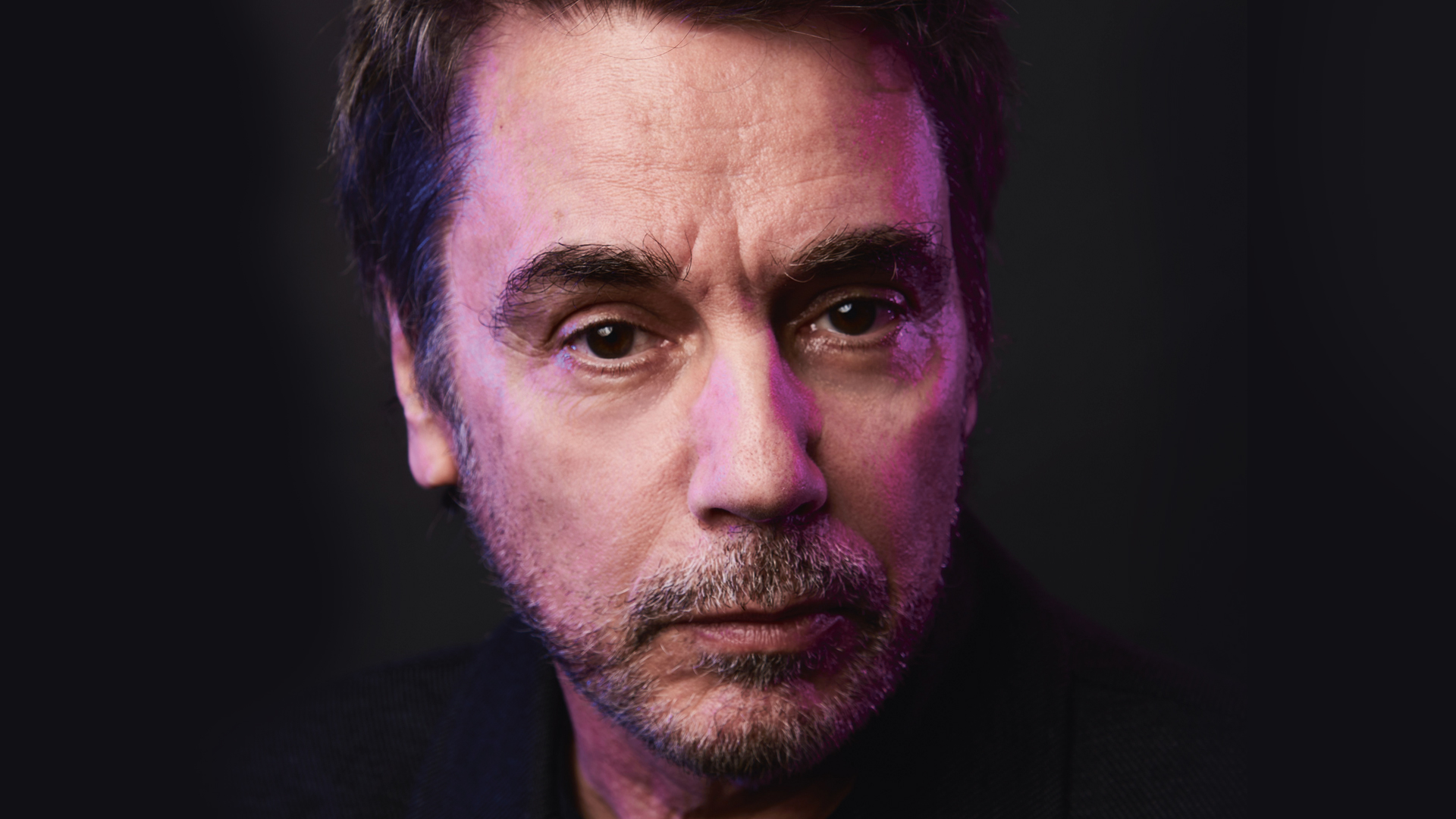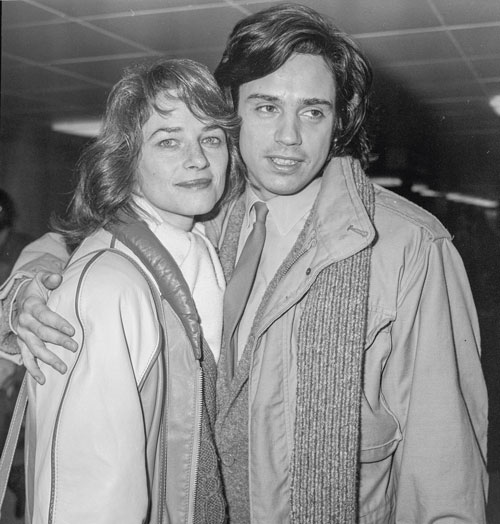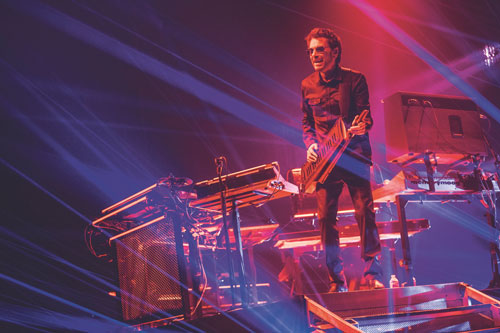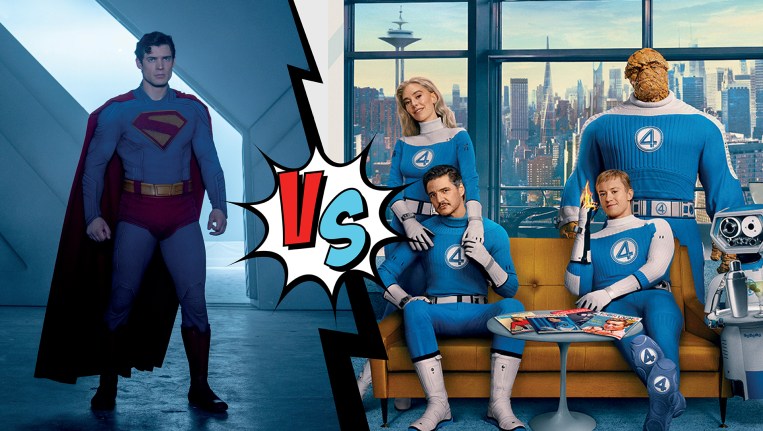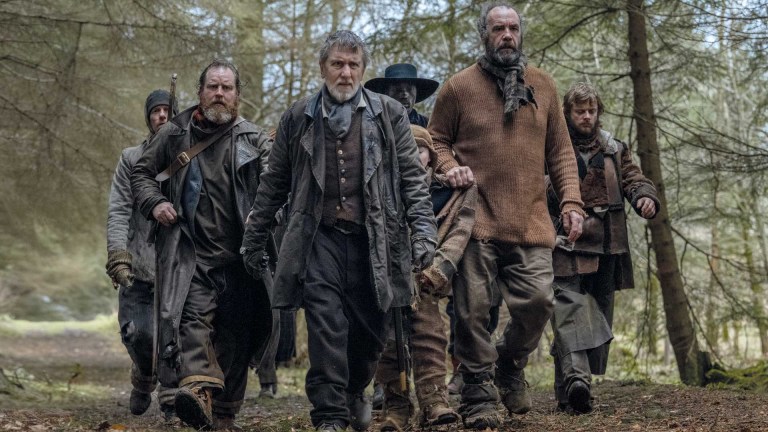When I was 16 I was already very excited by music. I was playing in a rock band and I was having a lot of fun experimenting with strange sounds on the guitar and the keyboard. I was also watching a lot of films – I’d loved the Westerns coming from America when I was a child and then when I was a teenager I went to see the films of people like Jean-Luc Godard. That was around the time of the student revolution in Paris; watching Godard was a way to rebel against what was happening in France at that time. 2001: A Space Odyssey was very important in my life as an artist and musician as well, very influential. I attended one screening and then I went to see it again every night for a week, seven times.
My parents split up when I was five and my dad went to America. I had very few contacts with him in my life. It’s very strange and sad in a way – he was a composer and… we missed each other actually. For a teenager it’s very difficult… if you’re in open conflict with your dad you have someone to rebel against and that can be good. When you have nobody it’s like a black hole. It’s very difficult to go through it and I really suffered quite a lot about that. I carried a sense of melancholia because of his absence. This is the reason why I refused so many soundtracks because I saw that as my dad’s territory and I didn’t want to be involved in it. It was sad and silly.
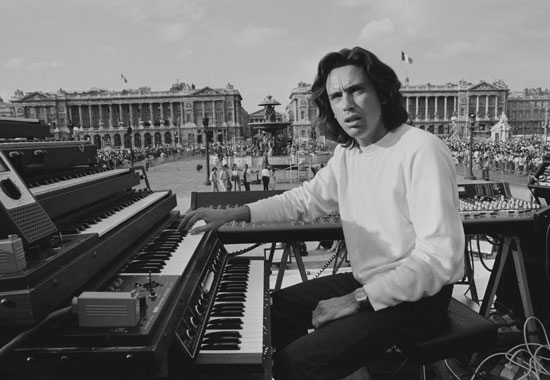
My mum was an extraordinary person. She was a great figure in the French Resistance and she was in a deportation camp. She raised me with this idea that you should make a difference between ideology and the people, so for instance between the Nazis and the German people. That was not a common vision in those days. She taught me about having an independent mind, doing what I thought was right and fair. She was very fun and very open-minded and I owe her a lot. I just heard last week my home town of Leon has decided to give her name to a street. Of course I’m very touched by that. She would say she doesn’t deserve it but she does and I’m very proud.
The style of music I was doing was so different that I was considered almost as an alien
I was caught up in the middle of the student revolution [Jarre was 19 at the height of the revolt in 1968]. I went to university not to get a job, just to feed my curiosity. In Paris it was so hectic and chaotic that you could actually twist and hijack the system, and that was very interesting to me starting out my life as a musician. It gave me the idea to rebel against the establishment of classical music and even of rock music. Rock music, bands like The Beatles, had a very established format by then, and I was already experimenting with what were regarded as not real instruments. ‘What is this silly kind of noisy box?’ ‘What are you doing?’ Electronic music was really breaking down the barriers at that time. The musique concrète movement was revolutionary, saying, we don’t do notes based on the usual system. We go out and record the sound of the wind and the rain.
- Nelson Mandela is handed a life sentence
- Britain and France said ‘oui’ to a tunnel under the channel
- The first edition of The Sun is published
I had the privilege to be there at the beginning of a movement. I was able to open doors on virgin territory, I didn’t have anybody behind me who had done the same thing. A young DJ starting now has 30 years of electronic music behind him. I had this mixture of innocence and audacity, just experimenting, not thinking of doing it for a living, just motivated by passion, by addiction. All my early music, including Oxygène [1976], was rejected by music companies who said, “What is this music? He has no drummer, he has no singer, this track lasts 10 minutes, it’s not formatted for radio… and from an Anglo-Saxon point of view, on top of all of that, he’s French!” So it was quite a challenge. Of course after the huge success of Oxygène [the breakthrough third album sold around 12 million] the people forgot all that and they all said, of course it was easy for him. I’m telling you, it was not easy.
